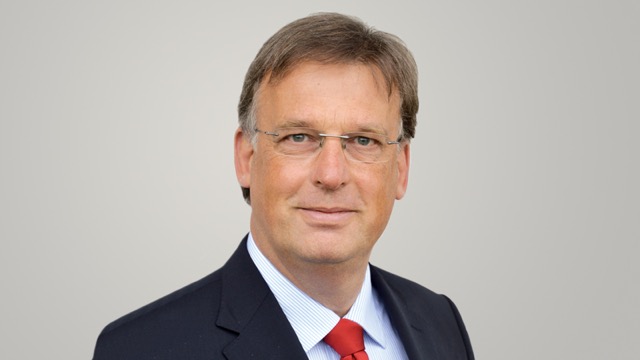As a result, there is now legislation across national borders, which represents an important measure when it comes to effectively taking action against falsified pharmaceuticals. At the same time, the new legislation creates technologically standardised protection against falsified medicines. Now we have clarity on how pharmaceuticals in the legal supply chain are to be rendered safe from falsification, and we know these measures must be implemented by 9 February, 2019.
In the new legislation, the pharmaceutical companies have been assigned a central mandate. Each manufacturer must equip his own products with the anti-falsification features, but at the national level all manufacturers together are also responsible for the set-up and operation of the technical systems for the authentication of pharmaceuticals. Side-by-side, the pharmaceutical companies, as well as the pharmacies and wholesalers, are now forming a strong phalanx against organised pharmaceutical crime and for patient protection in Europe. However, it is in the nature of such a phalanx that any gap can become a weakness. Therefore, the participants must not only co-operate at the national level, but the national systems must be linked to form an anti-falsification network on a European scale.
In Germany, we started early on with the securPharm project and have made tremendous progress. In retrospect, this was the right way. The implementation of the requirements of the Falsified Medicines Directive and the delegated regulation has turned out to be the greatest infrastructure project of the pharmaceutical industry, and demands more time and effort than originally anticipated. In this respect, the manufacturers are shouldering the main financial and organisational burden. Therefore, they should no longer hesitate, and proceed to equip their products with safety features and set up national verification systems in the EU member states.
What’s important is closing the phalanx now and creating a gapless safety net to ensure that the pharmaceutical market in Europe becomes even safer.
Dr. Reinhard Hoferichter is spokesman for the board of directors of securPharm e.V., the organisation that develops the authentication system for prescription drugs in Germany. Hoferichter, a pharmacist, has held several management positions in the pharmaceutical industry in the fields of medicine, health policy, and quality management. Today, he is in charge of Public and Governmental Affairs at Sanofi-Aventis-Deutschland GmbH. He also serves on the management board of the State Chamber of Pharmacists for the state of Hesse.




 adobe.stock.com - ipopba
adobe.stock.com - ipopba BioDlink
BioDlink